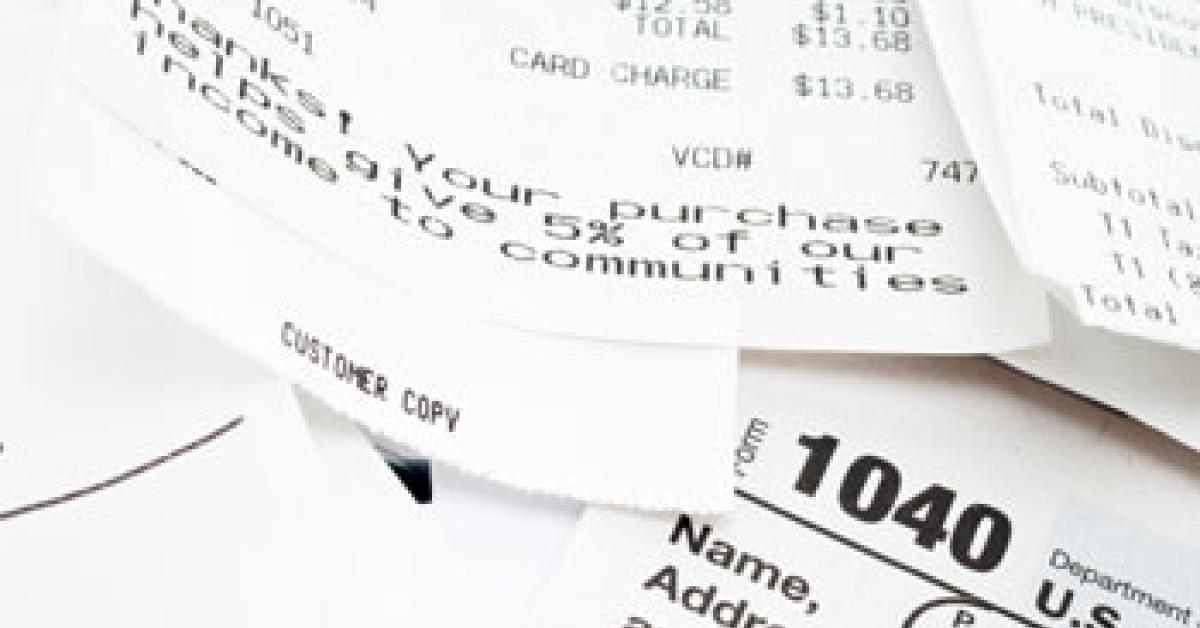NEW YORK — Trade shows are great for bringing together the industry’s most important players and prospects. But all that product-seeking and hand-shaking comes at a cost. Airfares, hotels and restaurant meals represent a hit to your bottom line.
Uncle Sam does offer some respite for the trade-show traveler, however. Prudent and thorough deductions of travel expenses on your income-tax returns can help soften the financial blow.
As attractive and necessary as these deductions are, though, you must be careful how you proceed. Experts advise deducting only those expenses permitted by law.
“Travel expenses are red-flag audit triggers for the IRS—particularly in the areas of meals and entertainment,” says Suzette Flemming, president of Flemming Business Services, a financial-management company based in Great Falls, Mont. “Unfortunately, the burden of proof for these deductions is on individuals, not the IRS. And the proof must be in the form of documentation.”
Disallowed deductions can cost you plenty in tax penalties and interest. “The IRS will reverse deductions for any expenses not found to be legitimate, the restated income will become taxable, and any penalties and interest accrue for time that has passed,” Flemming says.
Qualified Shows
Before you deduct any expenses related to attending a trade show, determine if the event itself qualifies for tax deductibility. How? First, consider the topic of the show and your purpose in attending. Only trade shows directly related to your business—like Clean—are events for which travel expenses are deductible.
“The expenses for attending the show will be deductible if you are going with the idea that you will be making contacts for your business, meeting prospective clients, and [have] a reasonable expectation you can generate more revenue as a result,” Flemming says. “In the case of educational seminars, there should be a reasonable expectation that you will learn something that you can incorporate in your business that will be revenue-generating.”
Many shows, of course, will meet this basic criterion. But others are clearly over the line. Forget about shows that are devoted to one of your hobbies. The same goes for shows that are centered around investment topics; since they do not relate directly to your operation’s expenses, they are not considered legitimate deductions.
There may be trade shows and seminars in the grey areas, such as paid seminars that cover a field in which your business is not yet involved, but might consider. “In your documentation, prepare a short, one-page business plan about what you hope to learn from the show, and how it may work into your business operations,” Flemming says.
Tax experts advise retaining documents that support your claims that one show or another show served a legitimate business purpose. For example, you could save a conference agenda describing business-oriented sessions, a list of exhibitors serving your business, or a catalog of seminar topics. Circle the ones you attended, and save any important business cards and vendor leaflets.
Careful Records
For qualifying trade shows you can claim a variety of expenses. “Anything that is part of ordinary and necessary business expenses can be deducted,” says John L. Elwell, a Dallas-based attorney and CPA specializing in tax preparation and litigation. “Deductions should be reasonable expenses and not extravagant.” (See page 50, “The Write-Off Stuff.”)
Knowing which travel expenses are deductible is a great help when it comes to tax time. Your job is not over when you stuff a handful of hotel and car-rental receipts into an envelope, though. You must also properly document your expenses. “Records documenting your travel expenses should conform to what I call “The Three Cs,” Elwell says. “These are Contemporaneous, Complete and Consistent.”
“Contemporaneous” means that the expenses are documented as you incur them. A business credit card can help you track expenses. “Complete” means that your records include required details, such as the names of the people seen and the topics discussed. And “‘Consistent’ means that you employ the same measurement techniques year after year,” he says, “as if this will be the year you get selected for an IRS audit.”
Some expenses require more thorough documentation. “For meals and entertainment, a credit-card statement will work,” Flemming says. “But for the travel portion of your trip, including airlines, personal car or lodging, you need to maintain the physical receipts.” Why?
“Bills for such services typically include some personal items,” she says. “When you stay at a hotel, your bill covers more than just the room; it also includes expenses such as meals, personal telephone calls and even movies. The IRS is looking for non-business-related, personal items on the itemized bill.”
Store your expense records in a safe place where you can access them easily if the IRS ever questions your travel expenses. With inadequate or misplaced documentation, you may face a credibility problem.
“Perhaps the most common error by business travelers is the failure to keep adequate documentation,” Flemming says. “In addition to credit-card statements, keep records of who you met and what you discussed. [At] trade shows, collect business cards from everyone you meet. Without such reports, the IRS will void the deductions.”
Check back Wednesday for Part 2 of this story.
Have a question or comment? E-mail our editor Dave Davis at [email protected].
